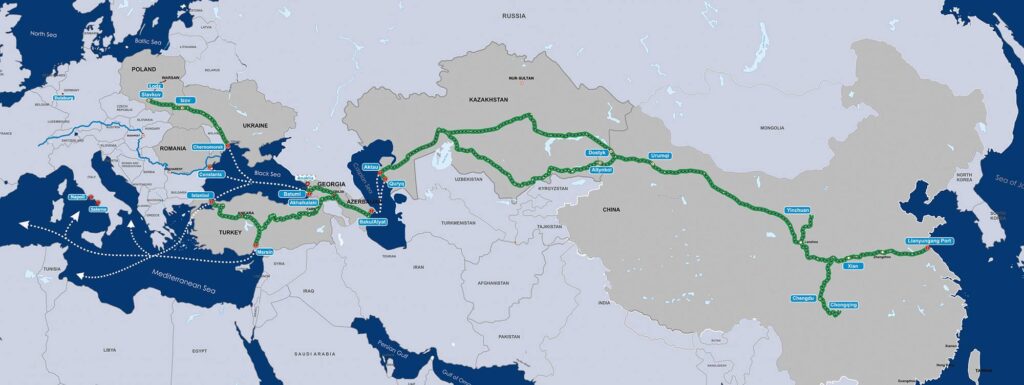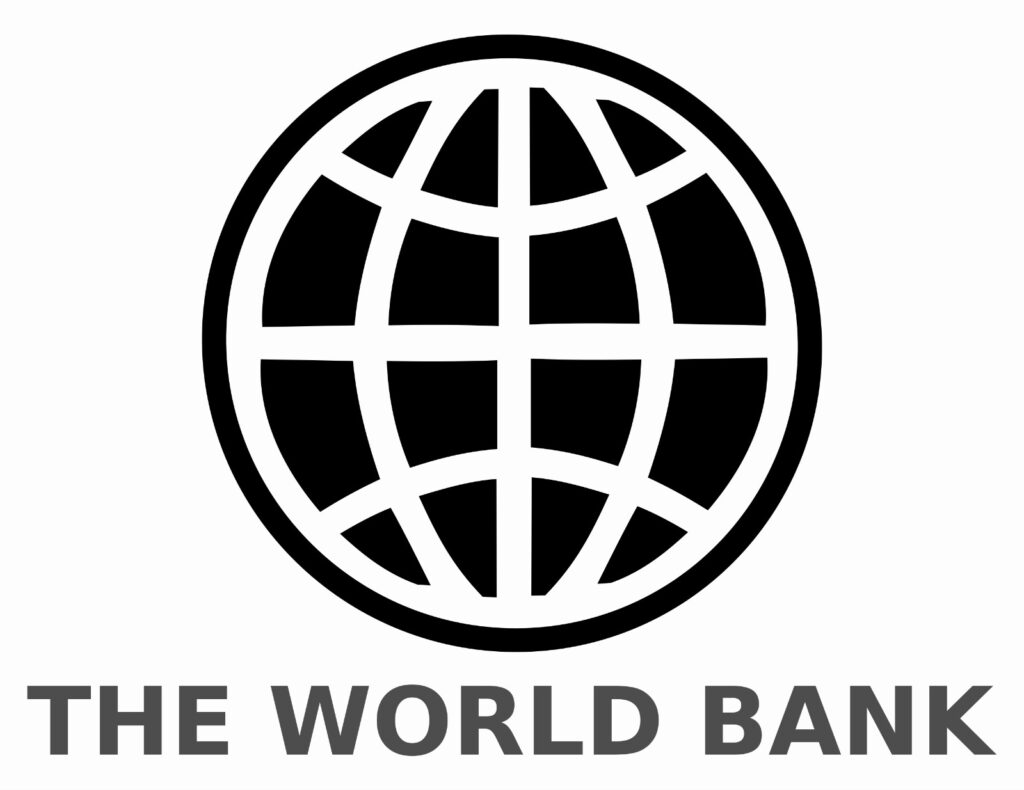Kazakhstan’s Minister of Energy, Almasadam Satkaliyev, believes that liquefied petroleum gas (LPG) should primarily be used as a raw material for the country’s growing petrochemical industry, instead of its current widespread use as fuel for motor vehicles. “Liquefied petroleum gas is not used as [motor] fuel anywhere in the world. Instead, it is used as an important raw material for producing products with high added value,” Satkaliyev said at a government meeting on July 16, chaired by Prime Minister Olzhas Bektenov. Regarding data from the Ministry of Internal Affairs, Minister Satkaliyev said that in 2023, Kazakhstan had 582,000 motor vehicles running on LPG, an 18% increase compared to 2022 (491,000). Cheaper than gasoline, LPG is Kazakhstan's most popular and economical fuel for vehicle owners. The minister said that due to low prices for LPG, the country's motorists continue switching to this fuel type, thus increasing its consumption. Earlier reports said that in 2023, LPG consumption in Kazakhstan increased by 400,000 tons, or 28%, compared to 2022. Last year, LPG consumption volumes amounted to 2.2 million tons compared to 1.8 million tons in 2022. According to analysts, in 2024, LPG consumption in Kazakhstan may increase by another 200 thousand tons and reach 2.4 million tons. Satkaliyev continued by saying that the Energy Ministry had been allocating part of the LPG produced in Kazakhstan to industrial enterprises producing petrochemical products. Thus, there is a shortage of LPG, which stands at 20%—25%. According to the minister, Kazakhstan produced 1.6 million tons of LPG in 2023, and the projection for 2024 is the same: 1.6 million tons. The minister emphasized that three plants in Kazakhstan use LPG as a raw material for producing polypropylene and methyl tert-butyl ether. These projects have attracted $2.7 billion in investments and created 1.7 thousand jobs. Plans are in place for a project to produce butadiene, which will use butane from the Tengiz field as a raw material. The project will cost $1.4 billion and create 750 permanent jobs and up to 7,500 jobs in related industries. There are projects for the production of alkylate and polypropylene, which plan to invest $300 million and create 2 thousand jobs. The energy minister emphasized that implementing these important investment projects requires 345 thousand tons of LPG per year and asked the prime minister to ensure that the government prioritizes the use of LPG for the needs of the petrochemical industry.






